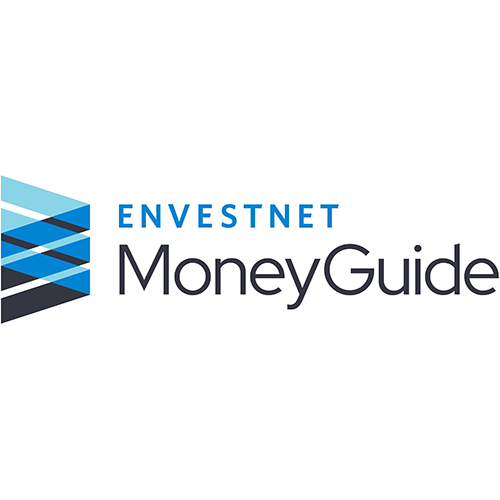With all of the recent news about fiduciary liability stemming from the Supreme Court’s decision on Tibble vs. Edison International, it seemed prudent to discuss some of the common areas that plan fiduciaries need help with the most. Fulfilling fiduciary responsibilities is essential, as errors can have serious consequences for both the organization and the individual fiduciaries themselves.
Not knowing you are a fiduciary
It is very common that many individuals have no idea that they are considered a plan fiduciary under the law. Let’s look at who is generally considered a plan fiduciary: the plan trustee(s), the investment advisor (always confirm if you do not know), all individuals exercising discretion in administration of the plan, members of the investment committee, and those who select the committee members. Ask your plans financial advisor if you are not sure as to your status.
Lack of fiduciary training
Fiduciaries take on significant responsibilities, yet very few receive the appropriate training to do the job. New fiduciaries should receive comprehensive training, with refresher training provided to all fiduciaries on a regular basis. Can you point to any other long-term project which involves millions of dollars in assets, for which your company did not provide training to the people responsible for the success of the project?
Failure to document
The documentation of your fiduciary conduct is the basis for your defense against claims of malfeasance and breach of duty. The lack of thoughtful documentation is an open invitation to litigation. Look at creating a fiduciary file that includes all of the important decisions that have been made in regards to the retirement plan. This process can also help when it comes time to make changes as you can refer back to feelings or decisions you made in the past.
Insufficient understanding of the different types of third-party fiduciaries
Plan fiduciaries are able to hire third-party fiduciaries to help the plan, but remember there is no way to eliminate all risk. ERISA recognizes three types of fiduciaries
- 3(21) fiduciary provides advice, but does not carry discretion over the plan assets. Most common, still allows the plan trustee’s to be involved in investment decision making process.
- 3(38) fiduciary has discretion over the plan assets and ultimately decides what investments the plan should offer. The plan sponsor still has a responsibility to oversee the decisions made by the 3(38) fiduciary.
- 3(16) although not as common, is where the administrator has complete responsibility for all of the administrative functions of the plan.
Not having and not following an investment policy statement
The investment policy statement is like the business plan for the investment selection and monitoring process of a retirement plan. An investment policy statement should clearly spell out the following: who is responsible for the investment philosophy and investment objectives, who is responsible for choosing and monitoring the plans investments, who will evaluate the investments offered, and under which circumstances a fund will be removed. This statement should be a living, breathable document that is referenced at each committee meeting.
Failure to benchmark plan expense.
Whether you are currently happy with how your retirement plan is operating or not, the plan should be benchmarked against its peer group about every 3 to 5 years as a general rule of thumb. Many times the investment options are the only items that get benchmarked, but it is important to look at the service provider fee’s, the advisor compensation, and third party administration cost as well.
These are a few of the many fiduciary responsibilities that plan sponsors face on a day to day basis when running retirement plans. As you are thinking about these common fiduciary errors, make sure that documentation and a prudent process is applied when looking to correct any of these errors in your own plan. Work with parties that are knowledgeable and can help you through these areas. Retirement plans are a valuable tool for many on the road to retirement readiness, let’s help make sure they are operating to their fullest potential.
John Friar, AIF
Financial Consultant/ Director of Corporate Retirement Plans
Park Capital Management
JFriar@parkcapitalmgt.com





